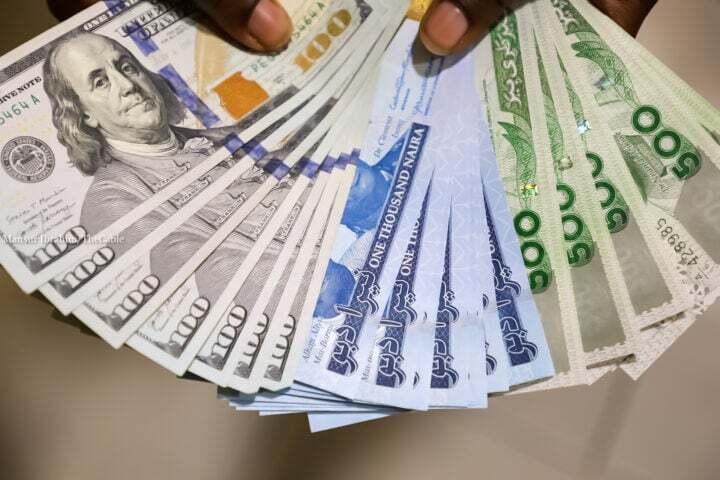
Black Market Steady at ₦1,585/$1 as Official Rate Falls to ₦1,536 – March 21, 2025
The Nigerian Naira showcased a divergence between the official and parallel markets today, with the black market exchange rate remaining steady while the official market experienced continued fluctuations.
At the Lagos Parallel Market, popularly known as the “Aboki” market, the US Dollar was bought at ₦1,580 and sold at ₦1,585 on Friday, March 21, 2025, reflecting no notable change from the previous day’s rates. In contrast, the official market saw the Naira weaken to ₦1,536.12 per dollar on March 20, according to Business Post Nigeria.
Trending Now!!:
Currency traders in major exchange hubs like Abuja’s Zone 4 and Lagos reported consistent demand for dollars in the parallel market, driven primarily by importers and individuals seeking foreign exchange outside the regulated banking sector. “The rate has remained stable today,” said Musa Abdullahi, a Bureau De Change (BDC) operator in Lagos. “Many are monitoring the official market, but for now, we’re holding at ₦1,585 for selling.”
Despite the Central Bank of Nigeria (CBN) urging citizens to transact through official banking channels, the significant gap between the official rate (₦1,536.12/$1) and the parallel market rate (₦1,585/$1) highlights the ongoing challenges in Nigeria’s foreign exchange landscape. These include a constrained dollar supply and strong demand for imports.
Economic experts point to the black market’s flexibility as a key factor in its resilience despite government efforts to unify exchange rates. “The parallel market adjusts more quickly to real-time economic conditions,” noted Dr. Amina Bello, an economist at the University of Lagos. While the official rate fluctuates in response to policy decisions, the Aboki market often reflects the street-level reality of dollar scarcity.”
The black market rate remains an essential reference point for many Nigerians. With no immediate sign of convergence between the two markets, the Naira’s dual exchange system continues to shape Nigeria’s economic landscape on March 21, 2025.


